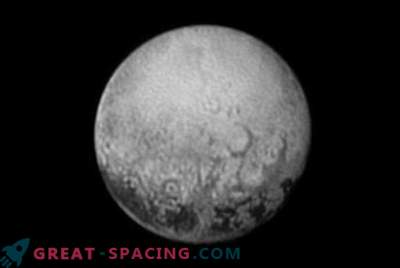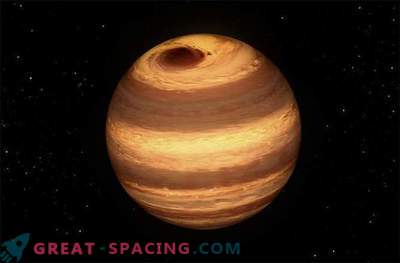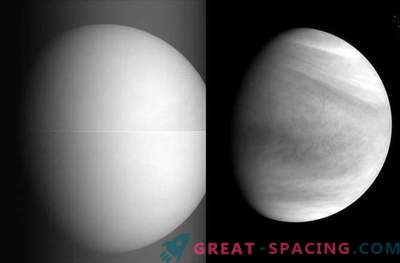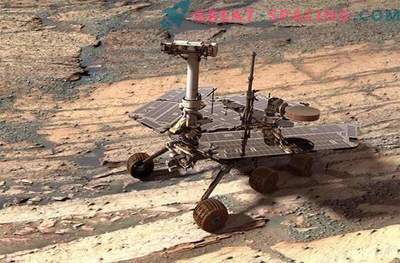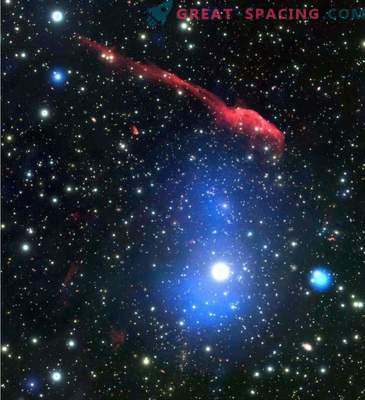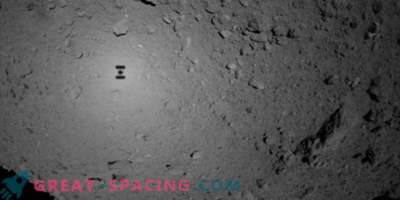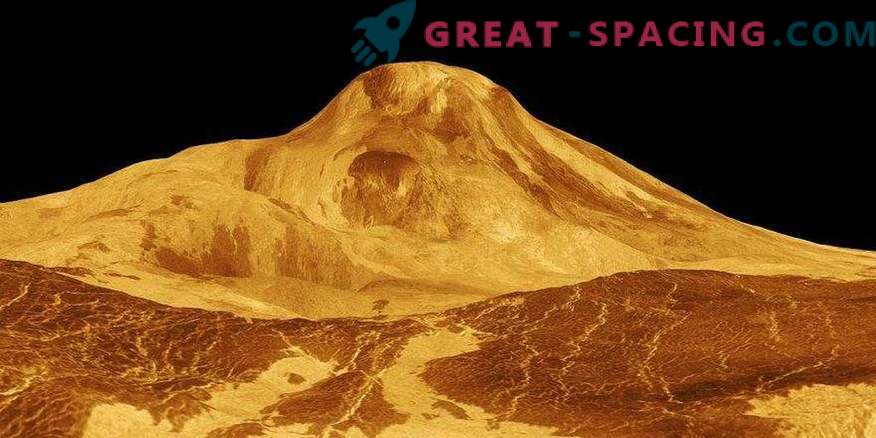
Our neighboring planet Venus is a harsh place. Acidic sulfur clouds, destructive atmospheric pressure and high surface temperatures, reaching around 900 degrees Fahrenheit (480 degrees Celsius), turn the “sister of the earth” into an alien horror. And now another strange phenomenon can be added to this list of extreme features of Venus: a heavy ferroelectric metal that encompasses high-mountain peaks.
Researchers at Simon Fraser University in British Columbia and the Institute in Houston re-analyzed the radar and cartographic elevation data obtained by NASA's Magellan spacecraft during its orbital exploration of Venus from 1990 to 1994, and found numerous dark spots in the images of one of the highlands of Venus. These dark spots were particularly characteristic at altitudes above 15,400 feet (4,700 meters).
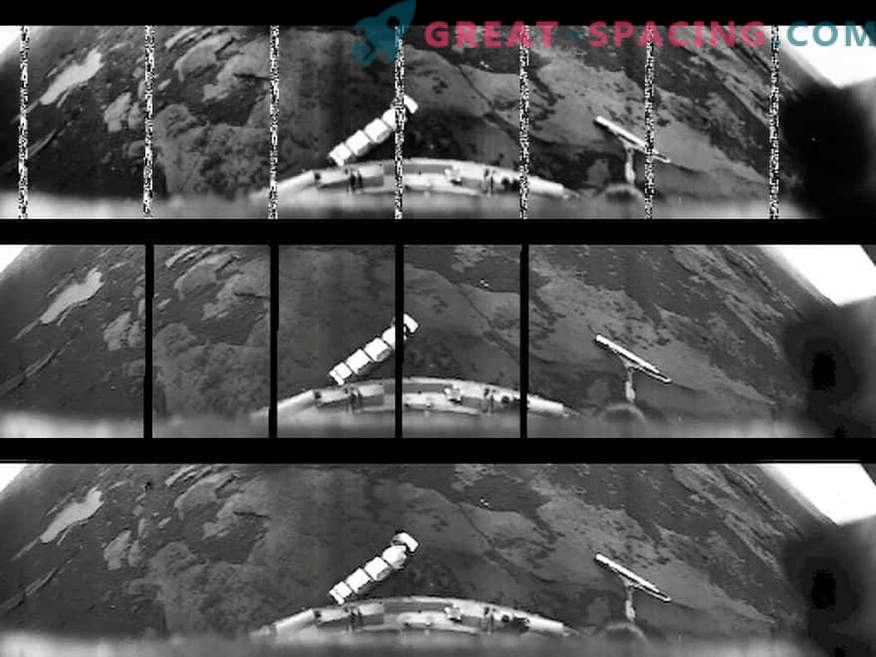
Photograph of the surface of Venus, extracted in 1977 by Venus-10
Previously it was assumed that a kind of strange metallic snow could cover the mountains of Venus, but so far these curious dark high-altitude areas have not been observed in such large quantities. "There is a general tendency to lighten in the highlands, followed by dark spots at the highest points," said Eliza Harrington, a student at Simon Fraser University, who re-examined Magellan's data under the guidance of Allan Treiman. "Previous researchers have seen only a few dark spots. But we see hundreds."
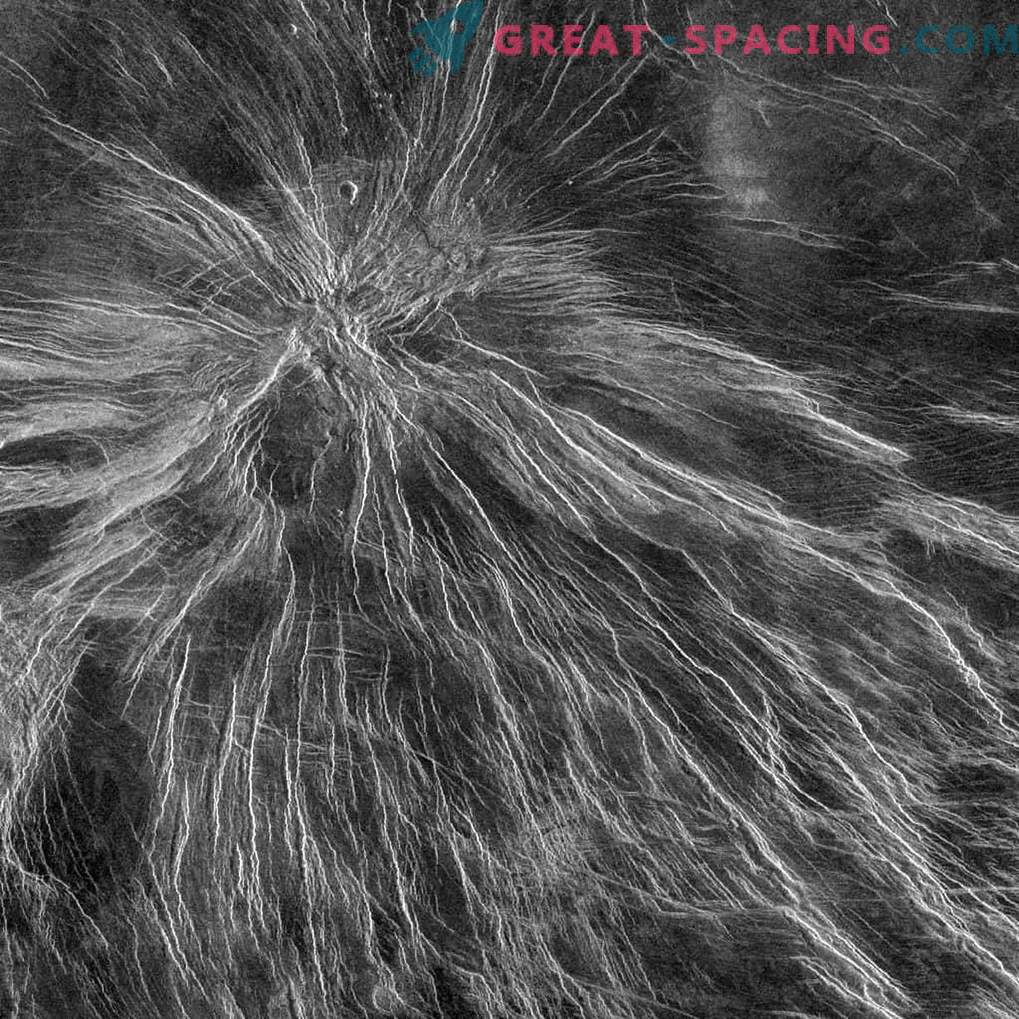
Volcano in Themis region
Due to the extreme atmosphere, the reflective ferroelectric metal found on Venus can easily form and fall as precipitates on the surface. This can occur gradually with an increase in height, but then after a certain point the process stops. It is difficult to say exactly what is happening there, as the available data are now decades. In addition, Venus is a difficult place to explore.
“No one knows exactly how to explain these dark spots,” Harrington said. "But we believe that this may cause more interest in Venus."








